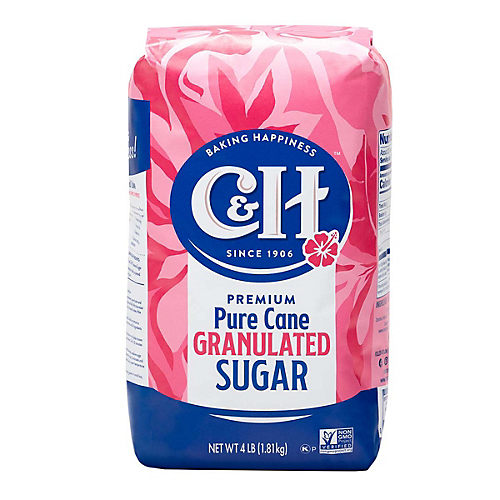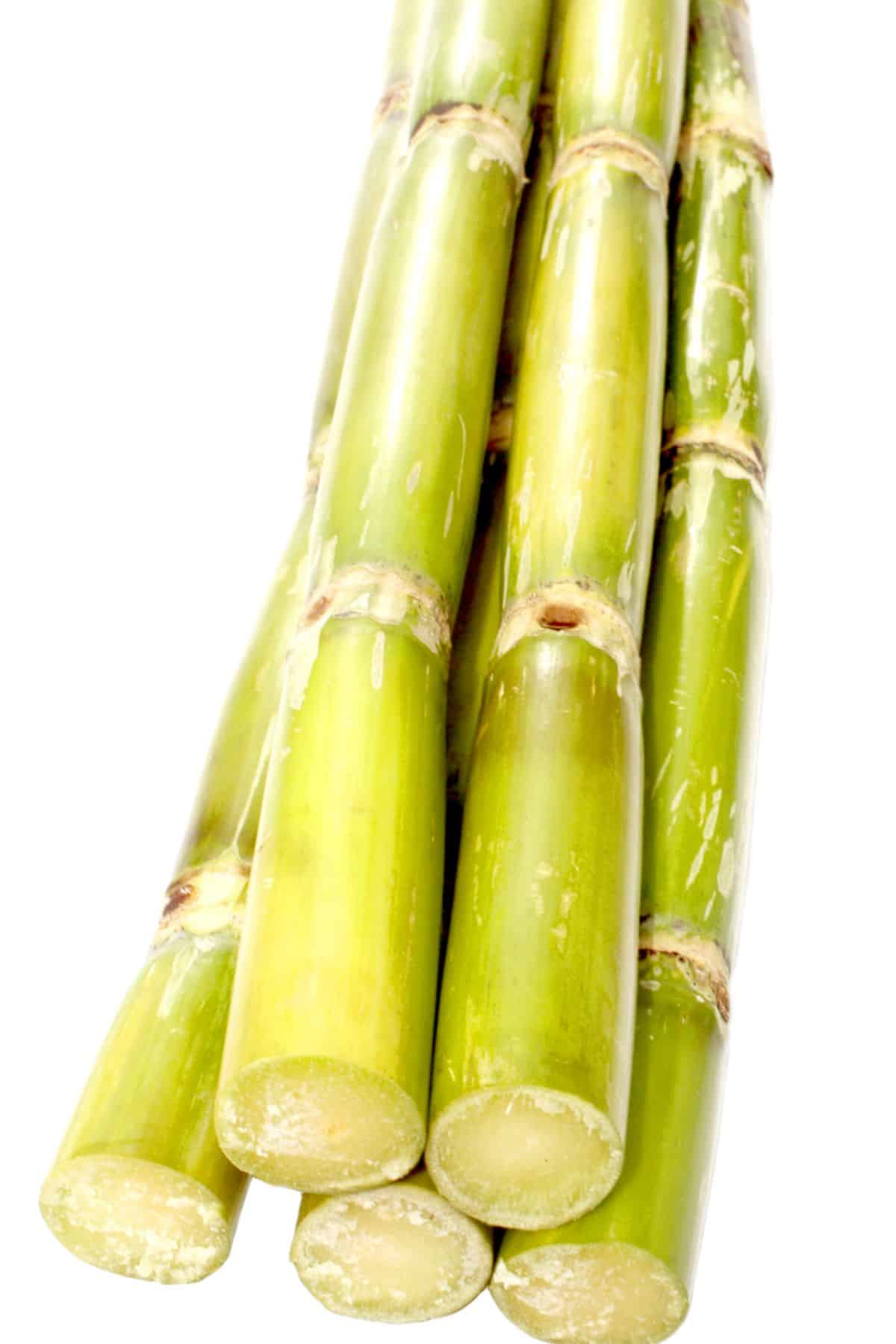Advanced Cane Sugar Processing: Enhancing Effectiveness and Sustainability
Advanced Cane Sugar Processing: Enhancing Effectiveness and Sustainability
Blog Article
An In-depth Overview of the Wellness and Economic Effects of Walking Cane Sugar Processing on Regional Areas
Cane sugar handling plays a crucial role fit the financial landscape of regional communities, providing work opportunities and boosting supplementary industries. Nonetheless, the wellness ramifications related to high sugar intake can not be ignored, as they add to climbing prices of obesity and diabetes mellitus. This nuanced dynamic welcomes an important assessment of how communities can optimize economic gains while addressing journalism wellness obstacles they encounter. The exploration of sustainable techniques and educational campaigns might just hold the trick to integrating these conflicting interests. What methods might neighborhoods implement to accomplish this balance?
Financial Advantages of Walking Stick Sugar Processing
Cane sugar processing uses significant economic advantages that prolong beyond the immediate farming industry. The growing and handling of sugarcane produce numerous job possibilities, from farming to manufacturing and circulation. This work generation not only sustains neighborhood economic climates yet additionally fosters neighborhood growth by supplying secure income resources for families.
Additionally, the sugar market boosts ancillary businesses, consisting of transport, devices supply, and packaging services (Cane Sugar Processing). As these sectors expand, they contribute to an extra durable financial framework, boosting overall area strength. The export potential of processed walking cane sugar even more amplifies economic advantages, placing areas as competitive players in worldwide markets
Financial investment in modern processing facilities can bring about boosted productivity and efficiency, therefore reducing waste and optimizing source usage. This shift not just profits the neighborhood economic situation however additionally supports sustainability initiatives by lessening environmental impacts.
In addition, the income generated from walking cane sugar processing can be reinvested in neighborhood framework, education, and health care, promoting holistic community growth. On the whole, the economic benefits of cane sugar processing are multifaceted, providing a structure for enduring success in farming regions.
Wellness Risks Related To Sugar Intake
Excessive sugar intake postures significant wellness dangers that require severe interest. High intake of sugarcoated, particularly from processed foods and drinks, has been connected to various health and wellness issues. One of the most important problems is excessive weight, as sweet diets add to an increased caloric intake without supplying essential nutrients. This excess can result in metabolic conditions, including type 2 diabetes mellitus, which has actually become progressively prevalent in both kids and grownups - Cane Sugar Processing.
In addition, high sugar usage is connected with heart disease. Elevated blood sugar degrees can result in insulin resistance, a precursor to different heart-related issues. Additionally, sugar can have harmful results on dental wellness, causing tooth cavities and gum illness, as microorganisms in the mouth grow on sugar, generating acids that erode tooth enamel.
Additionally, arising research suggests a prospective web link between high sugar consumption and mental health and wellness disorders, such as depression and anxiousness. As neighborhoods come to grips with these health and wellness dangers, it comes to be vital to promote recognition and encourage healthier dietary selections. Resolving sugar intake is important not just for private health and wellness however also for the general wellness of neighborhood neighborhoods, emphasizing the demand for thorough public health methods.
Ecological Effects of Sugar Production
Often overlooked in discussions regarding sugar's implications is the significant environmental impact of sugar production. The farming of sugarcane commonly requires considerable land use, causing logging, loss of biodiversity, More Help and interruption of regional ecosystems. The conversion of forests and marshes into sugar vineyards can result in environment destruction, threatening numerous types and modifying eco-friendly equilibrium.
Furthermore, sugar manufacturing is resource-intensive, consuming significant amounts of water for irrigation. This can cause deficiency of local water sources, detrimentally affecting both agricultural methods and area accessibility to clean water. In addition, the use of chemical fertilizers and pesticides in sugarcane farming can add to dirt degradation and water pollution, as drainage from these chemicals enters neighboring rivers and lakes, influencing water life and human health and wellness.
The ecological footprint expands to the handling stage, where power consumption and waste generation further intensify eco-friendly worries. Air air pollution from melting sugarcane areas, together with greenhouse gas exhausts, contribute to environment modification. Thus, the environmental implications of sugar manufacturing warrant major factor to consider, urging stakeholders to take on more lasting methods to minimize these adverse results on neighborhood ecosystems and neighborhoods.
Job Production and Area Growth
The environmental challenges posed by sugar manufacturing are commonly reversed by its possibility for financial advantages, specifically in work production and community advancement. The cane sugar market acts as a substantial resource of employment in lots of country areas, giving jobs across numerous skill levels, from farming labor to processing and distribution roles. This employment not only supports private families but additionally adds to the total economic vitality of neighborhood communities.
Furthermore, the establishment of sugar handling centers promotes ancillary services, such as transportation services, tools supply, and upkeep carriers. As these organizations flourish, they produce extra tasks and strengthen regional economic situations. The earnings created from the sugar industry also causes boosted tax revenues, which can be reinvested into social work such as education, infrastructure, and medical care advancement.
Additionally, the sugar industry usually involves in neighborhood advancement efforts, such as supporting local schools and wellness programs, thus enhancing the quality of life for homeowners. By promoting strong neighborhood ties and advertising economic development, the cane sugar processing market plays an important role in uplifting local populations, making it a Visit Website crucial element of lasting advancement techniques in sugar-producing regions.
Harmonizing Health And Wellness and Economic Development
In browsing the intricacies of walking stick sugar processing, an essential obstacle hinges on balancing health and wellness considerations with economic growth. The sugar market considerably adds to neighborhood economic climates by creating tasks, boosting relevant sectors, and enhancing tax earnings. Nonetheless, the health and wellness effects connected with extreme sugar usage can lead to chronic illness such as weight problems, diabetes mellitus, and cardio issues, which can worry public health and wellness systems and lessen workforce productivity.

Furthermore, regulatory structures can play a critical function in directing sector practices in the direction of even more health-conscious and lasting techniques. By promoting partnership between government bodies, health organizations, and the sugar market, areas can browse the duality of wellness and financial development, making sure that the advantages of walking cane sugar handling are equitably shared while focusing on public health and wellness.
Verdict
Finally, the processing of cane sugar presents both considerable economic advantages and significant health and wellness risks for neighborhood communities. While it fosters job production and stimulates local growth, the affiliated health and wellness problems, particularly pertaining to excessive weight and diabetes mellitus, demand a careful balancing act. By promoting liable usage and investing in neighborhood education and lasting methods, it is possible to optimize economic benefits while minimizing negative wellness results, thereby making certain a healthier future for local populations.
In addition, sugar can have harmful results on dental wellness, resulting This Site in tooth cavities and gum illness, as microorganisms in the mouth flourish on sugar, generating acids that erode tooth enamel.
Resolving sugar intake is essential not just for specific health yet likewise for the general health of regional neighborhoods, emphasizing the need for thorough public wellness methods.
Regularly forgotten in conversations concerning sugar's effects is the significant environmental impact of sugar production. The health ramifications associated with extreme sugar consumption can lead to persistent diseases such as weight problems, diabetic issues, and cardiovascular concerns, which can burden public health systems and reduce labor force efficiency.

Report this page